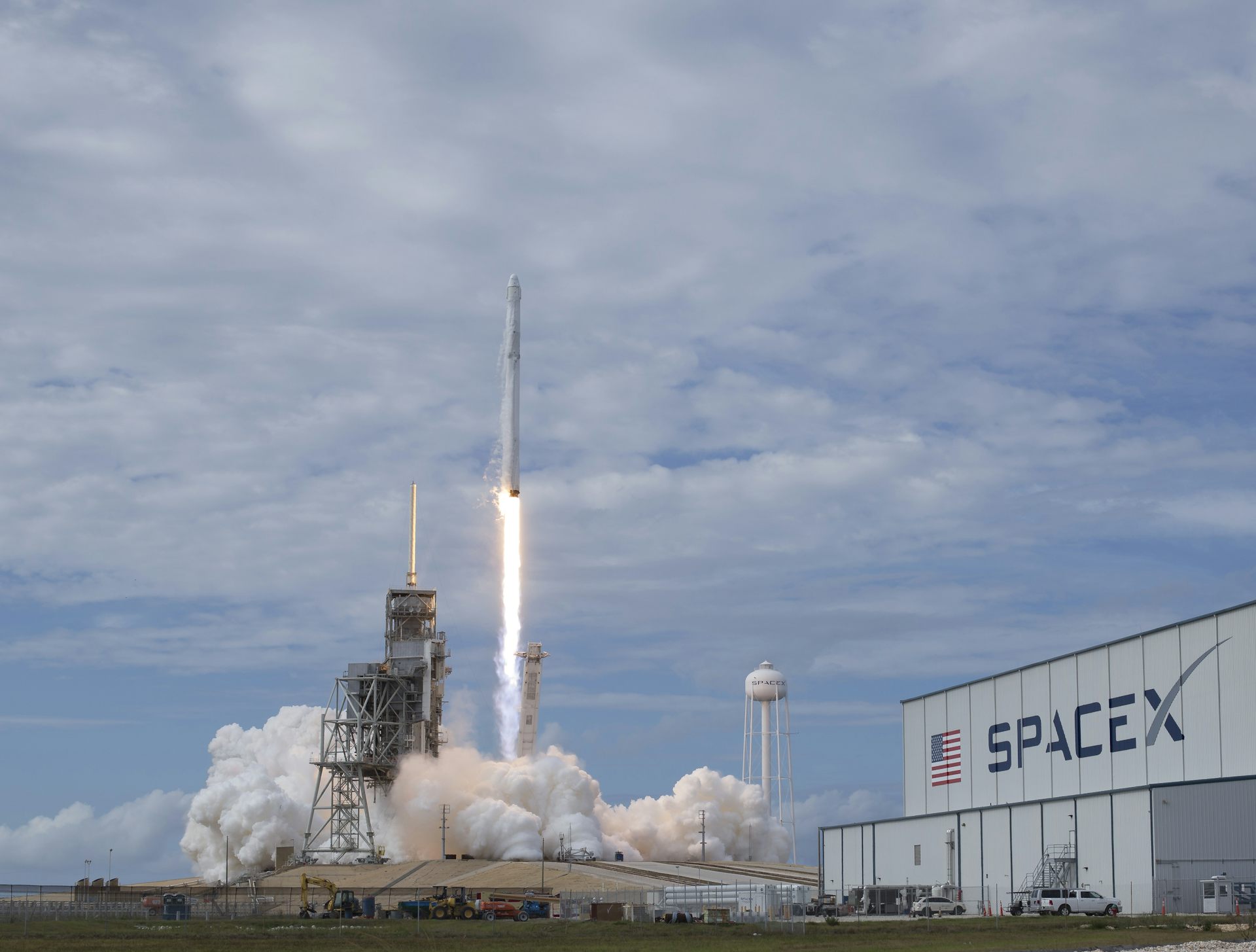Social Security benefits play key role in preventing older Americans from lacking enough quality foo
Higher Social Security benefits can significantly reduce the odds of an older person’s being food insecure.

The Research Brief is a short take about interesting academic work.
The big idea
Social Security benefits make it easier for older Americans to afford the food they need to live a healthy, active life, according to our recently published research.
Although this finding may seem obvious, to our knowledge this is the first study to directly examine the link between income from Social Security in old age and food insecurity, whereby a household can’t get adequate food because it has insufficient money and other resources.
We used data from a unique national household survey, the Panel Study of Income Dynamics, to examine changes in the ability of a household to purchase food from year to year. We focused on how just under 1,000 households receiving Social Security benefits for the first time or experiencing an increase in Social Security benefits affected their food insecurity.
We found that becoming a Social Security beneficiary for the first time lowers the odds of food insecurity by 54%. After that, an increase in benefits by 10% reduced the probability of someone’s being food insecure by over half a percentage point, we found.
Another way to put this: We estimate that if overall benefits were increased by 10%, about half a million senior citizens would no longer be food insecure.
Why it matters
Unfortunately, in our view, the debate over Security Security isn’t whether or how much to increase benefits but how much to cut them.
That’s because the Old-Age and Survivors Insurance Trust Fund, which funds benefits, is expected to be depleted by 2034, at which point Social Security taxes alone will cover just 77% of scheduled benefits.
Social Security was originally conceived in 1934 as a way to cut poverty among older Americans. Researchers have previously shown that receiving Social Security income indeed reduces overall levels of poverty among older Americans, but they didn’t explicitly look at the impact on food security.
Since aging is often associated with increased medical expenses, these additional costs may offset any income gains seen from Social Security. Older adults with limited incomes may need to make difficult choices about what expenses to cover and may choose to prioritize health care expenses over food expenses.
Currently, 11% of adults age 60 or older are food insecure, which is a little higher than the 10.5% for all U.S. households. Seniors can begin receiving Social Security benefits as soon as age 62.
Our study suggests that cutting Social Security benefits would be likely to cause more retirees to struggle to access the food they need and push more retirees to enroll in government-sponsored programs such as SNAP, which provide funds to purchase food.
What still isn’t known
The impact of receiving Social Security benefits varies from group to group.
The small sample size of the data set we used limited our ability to fully explore this. Continuing this research using a larger nationally representative data set such as the Current Population Survey could make it possible to explore this issue in more detail across different groups of people.
In addition, we did not explore exactly how Social Security benefits reduce food insecurity. Social Security benefits may have direct impacts by boosting income overall or by reducing fluctuations in income from month to month, allowing people to consistently acquire more healthy food. Social Security benefits may also affect food insecurity through indirect channels by improving physical or mental health. Future research that captures more detailed information about health and getting Social Security benefits could explore these impacts more closely.
Sophie Mitra receives funding from the U.S. Department of Agriculture, Food and Nutrition Service. She is currently a visiting research scholar at the Center for Health and Wellbeing at Princeton University.
Debra Brucker receives funding from the U.S. Department of Agriculture and the U.S. Social Security Administration.
Katie Jajtner receives funding from the U.S. Department of Agriculture and the U.S. Social Security Administration.
Read These Next
CIA agents successfully executed a plan for regime change in Iran in 1953 – but Trump hasn’t reveale
A covert US campaign in the mid-20th century helped steer Iran toward the intense anti-American sentiment…
The inspiring and tragic story of Mabel Stark, America’s most famous female tiger trainer
Long before Joe Exotic became Tiger King, Mabel Stark reigned as Tiger Queen.
A Plan B for space? On the risks of concentrating national space power in private hands
What does it mean for national security if access to Earth’s orbit depends largely on one company?






